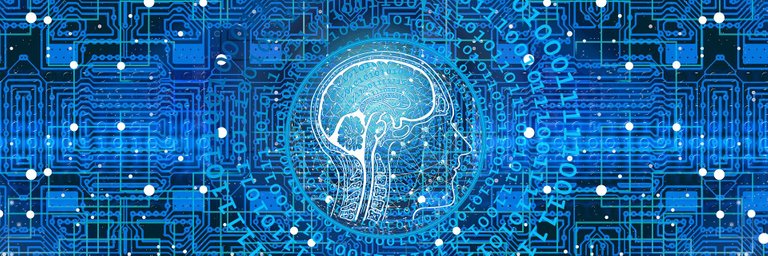The AI dilemma: How Hollywood writers and studios clash over the future of storytelling
Artificial intelligence is transforming many industries, including Hollywood. From generating scripts to creating special effects, AI is becoming a powerful tool for filmmakers and studios. But how will this affect the human writers who craft the stories that captivate audiences?

Image by Gerd Altmann from Pixabay
AI is not a new phenomenon in Hollywood. For decades, Computer programs have been used to assist with Editing, Animation, Sound Design and other aspects of filmmaking. In recent years, AI has improved and developed the skill to produce content that emulates human creativity and styles.
One example of this is ChatGPT, A chatbot developed by OpenAI that can write essays, news reports, poems and even pass business and law school exams. By inspecting existing screenplays and producing new ones, ChatGPT could make screenwriting more efficient and cost-effective.
Some writers see ChatGPT as a helpful tool that can overcome writer's block, generate ideas or provide feedback. Others see it as a threat that could replace them or undermine their intellectual property rights.
The TV and film writers’ union, the Writers Guild of America (WGA), has not gone as far as demanding a complete ban on AI. Instead, it is proposing that writers could use chatbots to help with their work, but only if they retain full ownership and control over the material produced by AI. The WGA also wants studios to regulate the use of AI and pay residuals to writers whose work is used or adapted by AI.
The WGA is not alone in its concerns. The actors and performers’ union, the Screen Actors Guild - American Federation of Television and Radio Artists (SAG-AFTRA), has also shared its opinions on AI. The union is seeking limits on the use of synthetic voices and deepfakes, which are AI-generated images or videos that can manipulate the appearance or speech of a person.
SAG-AFTRA argues that these technologies could violate the rights and dignity of performers, as well as deceive or harm audiences. The union wants actors to have the right to consent or refuse to have their likeness or voice used by AI, and to receive fair compensation if they do.
The clash between writers, actors and studios over AI reflects a broader dilemma: how to balance the benefits and risks of AI for the future of storytelling. On one hand, AI could offer new possibilities for creativity, diversity and innovation in Hollywood. On the other hand, AI could pose ethical, legal and artistic challenges that could undermine the human element of storytelling.
As AI becomes more prevalent and powerful in Hollywood, the need for dialogue and collaboration among all stakeholders becomes more urgent. The question is not whether AI will change Hollywood forever, but how Hollywood will change with AI.
Posted Using LeoFinance Alpha
Congratulations @enalaton! You have completed the following achievement on the Hive blockchain And have been rewarded with New badge(s)
Your next target is to reach 20 posts.
Your next target is to reach 50 comments.
You can view your badges on your board and compare yourself to others in the Ranking
If you no longer want to receive notifications, reply to this comment with the word
STOPTo support your work, I also upvoted your post!
Check out our last posts:
Support the HiveBuzz project. Vote for our proposal!